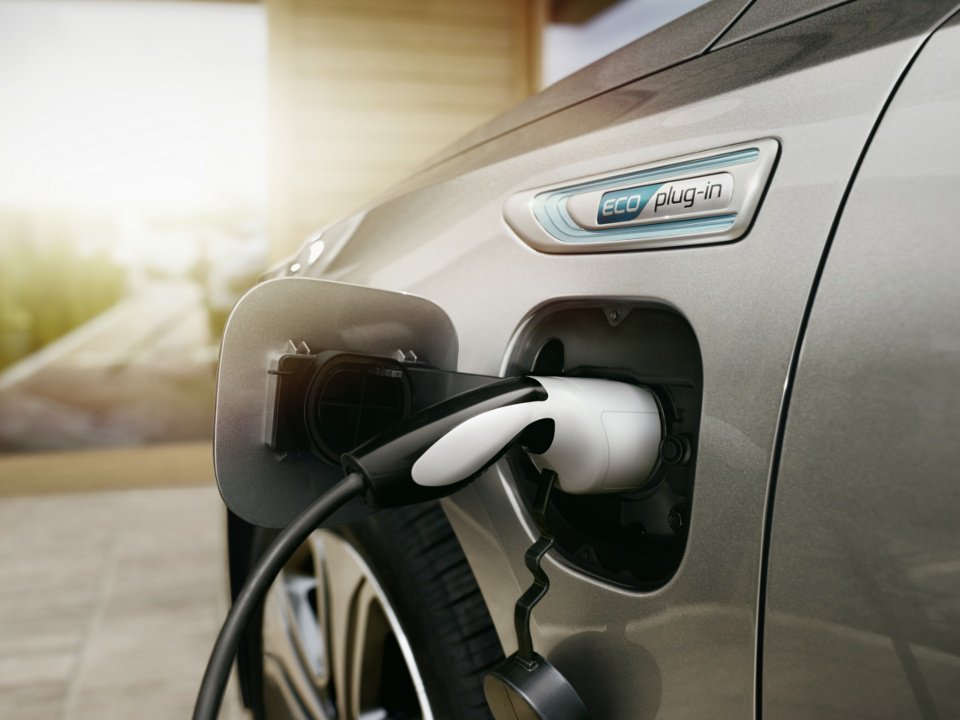(REPOST: Clean Energy)
The energy technology firm concluded that there was potential for EVs to be a significant grid resource capable of supporting renewables, balancing the grid and alleviating network constraints at both local and national levels.

However the challenge will be in ensuring smart charging technology is used to transform the “threat” of EV-led demand peaks into an asset.
Analysis conducted by Open Energi examined the possibilities for flexibility through different charging scenarios, speeds and the time of day at which EVs are to charge using forecasts within National Grid’s Future Energy Scenarios document.
That analysis considered that by 2020 there would be an estimated 1.6 million EVs in the UK, offering between 200 – 550MW of turn-up flexibility at various times of day, as well as 400MW – 1.3GW of turn-down flexibility that would require smart charging technologies.
By 2030 this would increase exponentially, with 9 million EVs on the road providing as much as 3GW of turn-up and 8GW of turn-down flexibility throughout the day.
Dago Cedillos, strategy and innovation lead at Open Energi, said that the electrification of transport was happening “faster than anyone expected”.
“There has been a lot of attention given to the ‘worst-case’ scenarios but smart charging technology means EVs can be managed to the benefit of the system, and help accelerate our transition to a more reliable, affordable and sustainable energy future,” he said.